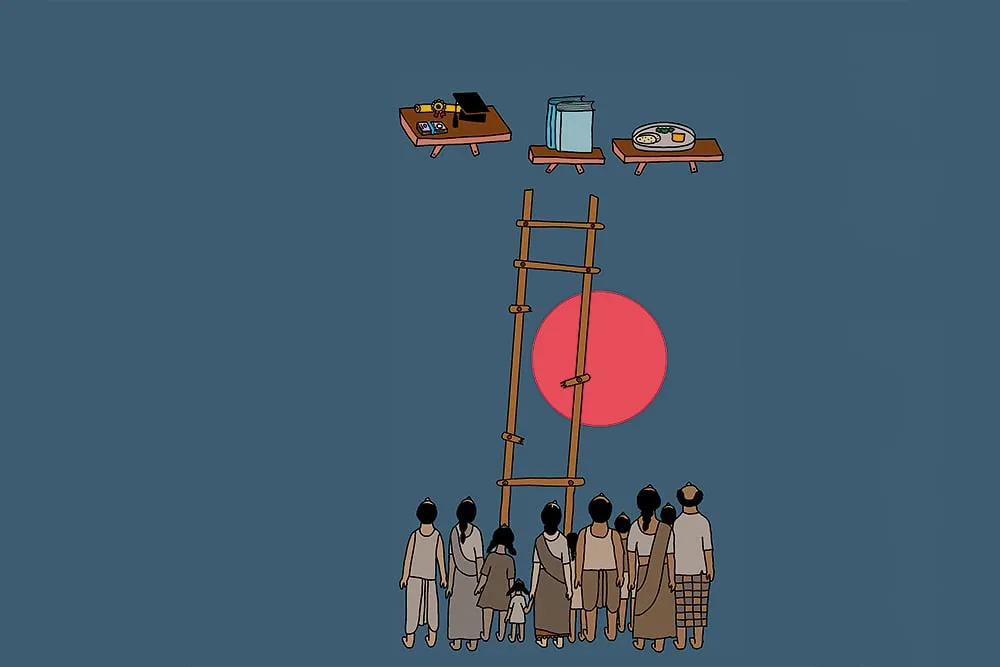Caste Census: A Crucial Debate on Social Justice and Political Strategy

Caste Census: A Critical Examination
The caste census appears to have gained traction, overcoming all hurdles at least at the level of political statements. Even traditionally opposing forces like the Rashtriya Swayamsevak Sangh (RSS) and the Bharatiya Janata Party (BJP), known for their data phobia, seem to have aligned in favour. Mandal parties were always for it. The Scheduled Caste and Scheduled Tribe (SC/ST) parties were indifferent as they are already being counted for the last seven decades without any impact on their worsening condition.
Political Landscape and Subcategorization
The demand received a major fillip from the main opposition party, the Congress, after the metamorphosis of its leader Rahul Gandhi post his Bharat Jodo Yatras. This approach of subcategorisation stands validated by the Supreme Court, although some sections of Dalits are up in arms against it. They have already observed a Bharat Bandh to protest against the verdict and filed review petitions.
The Case for a Decadal Census
- The general census gathers critical population data for welfare planning.
- Welfare programmes still operate based on outdated 2011 census data.
- The lack of data hampers understanding of socioeconomic patterns.
The Underlying Realpolitik
Not discussing the ideology of the BJP or the RSS often obscures their stance on contemporary issues. The BJP’s only consistent ideology seems to be the pursuit of power. They fear that a caste census could fracture their narrative by highlighting internal divisions.
Conclusion: Conquering or Conserving?
The caste census is fundamentally about realizing that the solution lies in conquering the castes, not merely conserving them. If there is genuine political will, this exercise could lead to fresh insights into caste issues.
This article was prepared using information from open sources in accordance with the principles of Ethical Policy. The editorial team is not responsible for absolute accuracy, as it relies on data from the sources referenced.